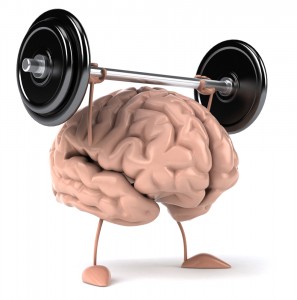Study Finds Seniors Gain Long-Term Benefits from Brain Training Exercises
 A groundbreaking study recently published in the Journal of the American Geriatrics Society found that older adults who participated in brain training exercises retained measurable benefits up to a decade later, indicating that such interventions may help delay impairments from aging that strip seniors of their independence.
A groundbreaking study recently published in the Journal of the American Geriatrics Society found that older adults who participated in brain training exercises retained measurable benefits up to a decade later, indicating that such interventions may help delay impairments from aging that strip seniors of their independence.
With millions of baby boomers in the US and Canada advancing into old age, these findings suggest good news in the quest to identify ways to keep the aging mind sharp. According to findings from the federally sponsored trial, referred to as the Advanced Cognitive Training for Independent and Vital Elderly study (ACTIVE), nearly three-quarters of those who engaged in information-processing drills and reasoning exercises still displayed those abilities ten years later.
Although the popularity of brain training games has skyrocketed in recent years as baby boomers seek ways to stay mentally sharp, until now, there has been little evidence to support the long-term effectiveness of these exercises. However, findings from the ACTIVE study, which is the longest and largest study of its kind to date, show that a brief course of brain exercises can help older adults retain improvements in processing speed and reasoning skills for up to a decade.
The study featured 2,832 cognitively normal adults with an average age of 74 at the start of the trial. Participants were separated into three groups, each group receiving training in either reasoning, memory strategies, or processing speed. A fourth group did not receive any training. The participants receiving training engaged in ten 60 to 70 minute sessions over the course of five to six weeks. The study evaluated effects from the training immediately following individual sessions and at various intervals up to a decade later.
At the five-year mark, researchers found that participants who received training performed better than their untrained counterparts in all three areas. While gains in memory did decline after the five-year mark, improvements in processing speed and reasoning continued up to 10 years after training.
The study was devised to bolster particular cognitive abilities that start to decline as people age and does not aim to prevent dementia caused by diseases like Alzheimer’s.
“If we delay the onset of difficulties in daily activities even by a small amount, that can have major public-health implications in terms of helping to curb health-care costs, delaying entry into institutions and hospitals,” said George Rebok, an expert on aging and a professor at Johns Hopkins University in Baltimore, who led the study.

